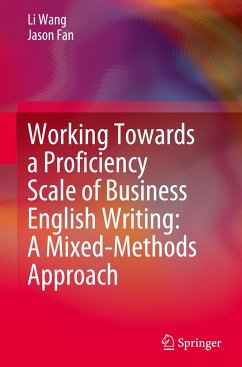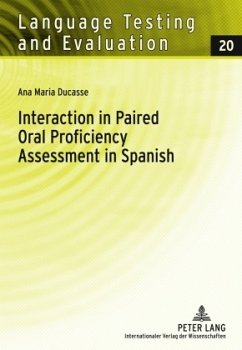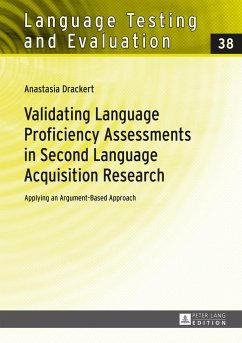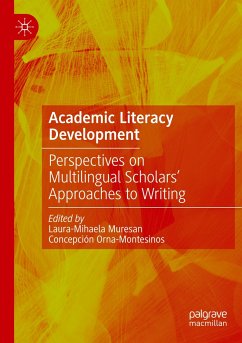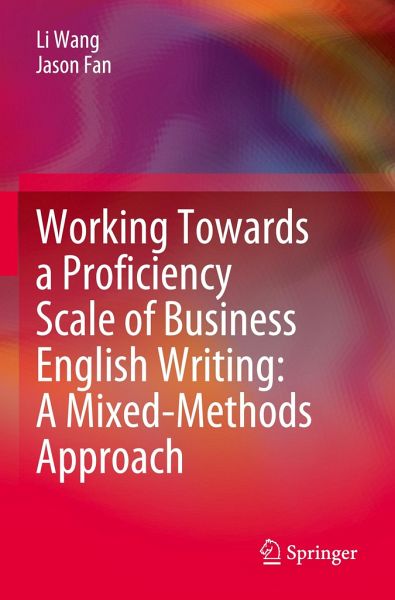
Working Towards a Proficiency Scale of Business English Writing: A Mixed-Methods Approach
Versandkostenfrei!
Versandfertig in 6-10 Tagen
98,99 €
inkl. MwSt.
Weitere Ausgaben:

PAYBACK Punkte
49 °P sammeln!
This book presents an empirical study to develop and validate a proficiency scale of business English writing in the Chinese tertiary context. Through a mixture of intuitive, quantitative and qualitative methods, the book demonstrates how a pool of descriptors are collectively formulated, statistically calibrated and meticulously validated for the establishment of a proficiency scale of business English writing. The writing scale differs in significant ways from the existing language scales, most of which were constructed in English as L1 or L2 contexts and applied to English for General Purpo...
This book presents an empirical study to develop and validate a proficiency scale of business English writing in the Chinese tertiary context. Through a mixture of intuitive, quantitative and qualitative methods, the book demonstrates how a pool of descriptors are collectively formulated, statistically calibrated and meticulously validated for the establishment of a proficiency scale of business English writing. The writing scale differs in significant ways from the existing language scales, most of which were constructed in English as L1 or L2 contexts and applied to English for General Purposes (EGP) domains. This book also provides important insights into the construct of business English writing as well as the methods for English for Specific Purposes (ESP) proficiency scale development and validation. It is of particular interest to those who work in the area of ESP teaching and assessment.





